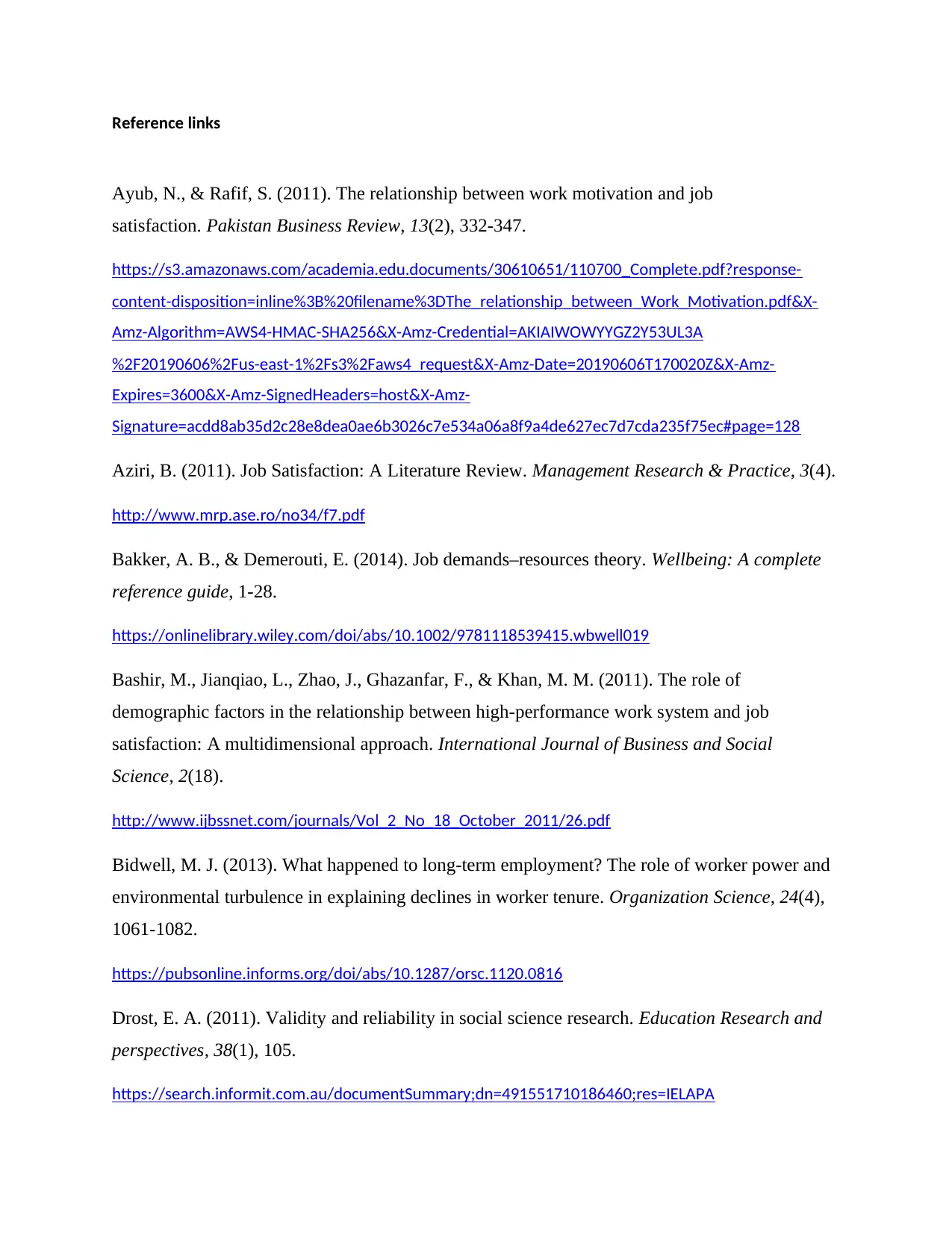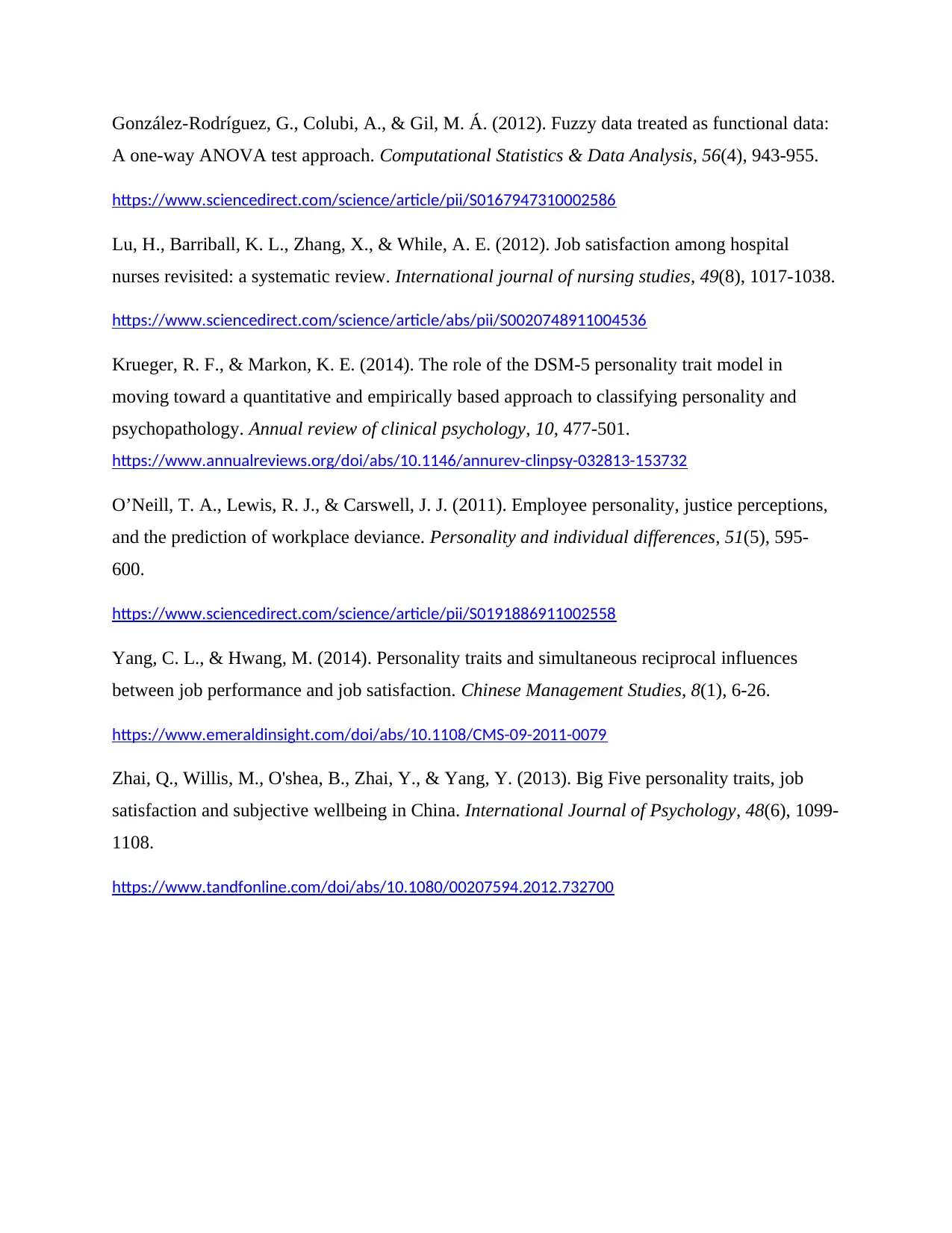AUT University - Marketing: SPSS Analysis Assignment 3
VerifiedAdded on 2023/01/20
|2
|544
|99
Practical Assignment
AI Summary
This assignment focuses on using SPSS to analyze marketing data related to employee personality and job satisfaction. Students are tasked with conducting statistical analyses, interpreting the results, and presenting findings in a report format suitable for a marketing research context. The assignment requires students to utilize SPSS software, referencing a provided textbook for guidance on statistical procedures. The objective is to examine the relationship between employee personality traits, measured on a 7-point scale across six items, and their overall job satisfaction, assessed using three 7-point scales. The final report should adhere to the structure outlined in the course materials, with an emphasis on clear interpretation and presentation of the SPSS output, ensuring the student can effectively communicate the results of their data analysis. The assignment aims to enhance students' practical skills in data analysis and reporting, crucial for marketing research.
1 out of 2








![[object Object]](/_next/static/media/star-bottom.7253800d.svg)